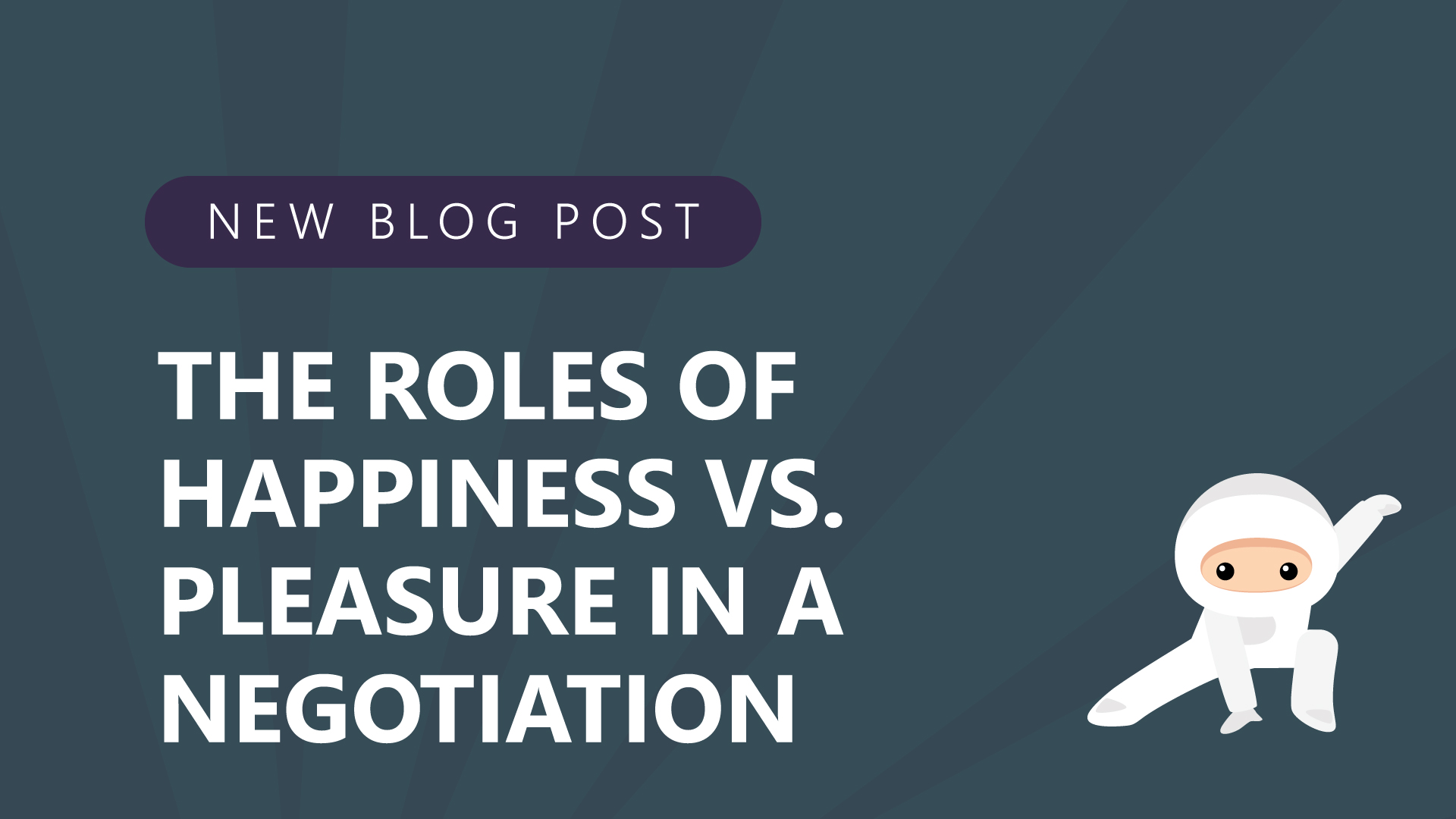People, ultimately, want to be happy, i.e., experience the feeling of well-being. But happiness is relative. It’s based on what people value. What makes them happy might be meaningless to you.
As human beings, we have a limited amount of time, money, energy, and resources. Because of this, we must constantly make choices, often unconsciously. Every decision someone makes is based on whether they believe it will bring them closer to happiness as they understand it. Moving someone closer to that point makes them feel better about us.
How are pleasure and happiness different?
Sometimes we conflate pleasure with happiness. To Bob, pleasure is having a piece of chocolate cake. Happiness is losing 10 pounds. You choose the cake because you believe at that moment it will take you closer to happiness. It may not—it may make you feel bad. You had momentary pleasure in exchange for putting on weight rather than losing weight.
It all comes down to understanding the person and their value systems. Is their value for happiness higher than their value for pleasure? That person may not make the decision we think they’re going to make.
We may think they’d take the chocolate cake. They may want the cake but may be the type that can say “no” because they want to lose weight. They’ll forgo the temporary pleasure for long-term happiness. People make their own decisions based on their own desires.
Detachment from the outcome
The people who forego pleasure for long-term happiness are also the same people who are less likely to be attached to a specific outcome. If you have less attachment to an outcome, then you’re less likely to push for unethical ways to get what you want. But detachment from the outcome doesn’t mean you don’t prefer a specific outcome.
In the book “Handbook to Higher Consciousness,” Ken Keyes Jr. talks about desiring an ice cream cone. Let’s say you really want that ice cream cone. If you’re “addicted” or “attached” to having it, you’ll be in a state of sadness regardless of the result. But how does that make sense if you get what you wanted all along?
If you don’t get the ice cream cone, you’re distressed. If you do get the cone, you’re still in a state of sadness because the entire time you’re eating the cone, you’re worried. What if someone stops you? What happens when it’s almost gone? How long will it be until you can have another ice cream cone?
Attachment never leads to true happiness
When you’re in this state of attachment, you can never be happy. But if you prefer the ice cream cone and you get it, awesome. It’s what you preferred. If you don’t have it, it’s okay too—it was just a preference. You still make the effort to get the ice cream cone. You still prepare, negotiate, and do what needs to be done. But your emotional happiness will not be affected by any certain point in the negotiation.
The attachment to an outcome is a big reason why many sales fail. The person who wants to win the most tends to be in the lower-leverage position. But someone who can take it or leave it builds psychological leverage. One of the basic principles of negotiation is that whoever can walk away has the advantage. You negotiate from a whole different point of energy.
Instead of being attached to a specific outcome, what if you focused on giving value to the other party? Giving value changes something in the brain and the way someone responds in future discussions. Giving value may be the missing piece that leads to happiness over temporary pleasure. To dissect the topic of giving further, listen to episode #211 of the Negotiations Ninja podcast with special guest Bob Burg!

